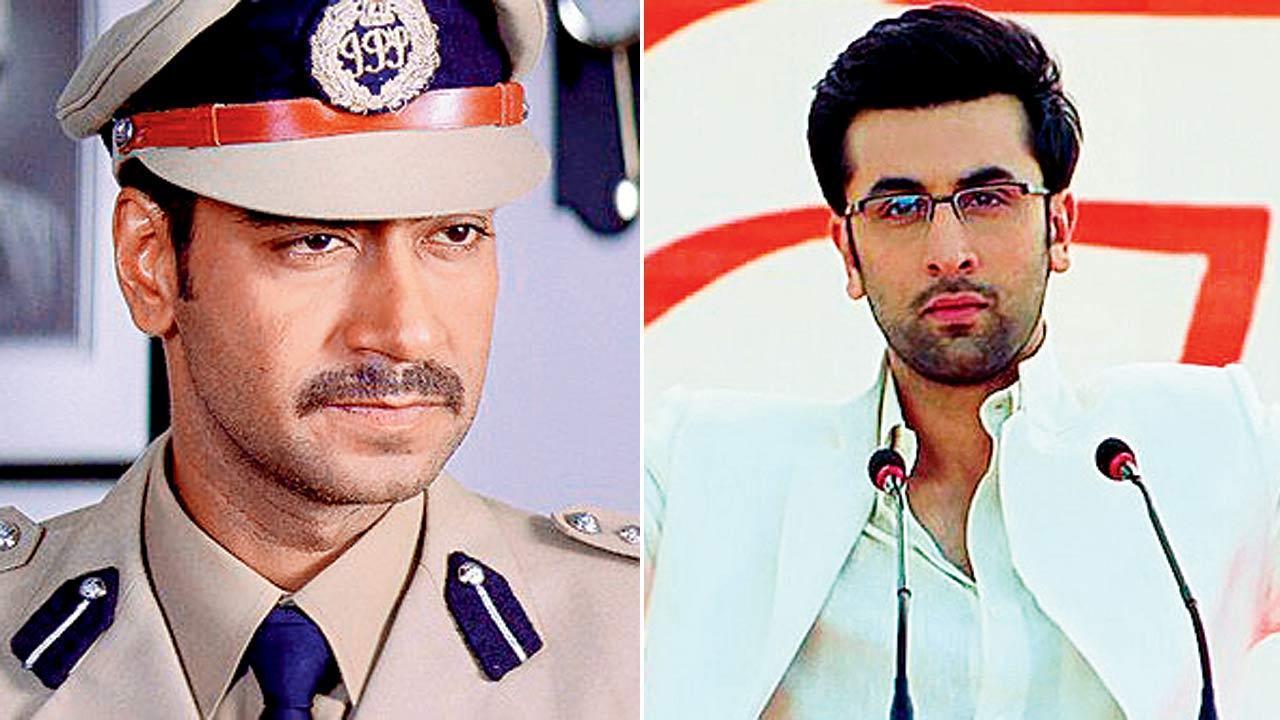
In a recent development that has sparked widespread discussion in the entertainment industry, veteran actor Mukesh Khanna has once again expressed his strong disapproval of celebrities endorsing pan masala brands. Khanna, who is known for his outspokenness on issues plaguing the Hindi film industry, did not hold back during his recent interview with Bollywood Bubble.
Mukesh Khanna’s criticism specifically targeted three of Bollywood’s biggest stars: Shah Rukh Khan, Akshay Kumar, and Ajay Devgn. Last year, an advertisement for the Vimal tobacco brand featuring these stars was released, leaving many fans disappointed. The ad instantly drew backlash on social media, where users criticized the actors for promoting a product associated with serious health risks.
In the interview, Mukesh Khanna did not mince words. When asked about whether major stars should exercise more caution and responsibility when choosing advertisements, Khanna responded passionately in Hindi, “If you ask me, I’d say, inko pakad ke maarna chaahiye (catch them and beat them up). I have told this to them. I have even scolded Akshay Kumar. He is such a health-conscious man otherwise, and he says ‘aadaab’, Ajay Devgn says ‘aadaab’, and now Shah Rukh Khan is doing the same.”
Khanna continued his tirade, pointing out the deceptive nature of such endorsements. “Crores of rupees are spent on making these ads. And what are you teaching the people? They say they are not selling pan-masala, but instead, they market it as supari (betel nut). But they know what they are doing,” he asserted.
The veteran actor elaborated further, likening these deceptive ads to the promotion of alcoholic beverages. “When you do a Kingfisher ad, it means you are selling Kingfisher beer. Everybody knows it’s a deceptive ad. Why do they do these ads? Do they not have money? I have told them this: don’t do these things, you have a lot of money,” Khanna stated.
Khanna did acknowledge that some actors have distanced themselves from such endorsements.
. He noted that Akshay Kumar is one of the stars who has ceased participating in these ads post-criticism. “If I am not wrong, Amitabh Bachchan has also moved away from it. But, to this date, crores of rupees are being spent on making these ads. People are spraying color on each other, saying ‘Kesariya jabaan’ (saffron tongue). You are teaching people to consume guthka,” he added.
Mukesh Khanna’s comments have reignited a broader conversation about the responsibilities of celebrities when it comes to their influence on public health. While endorsements are a significant source of income for many stars, Khanna’s critique underscores the potential ethical dilemmas they face. This issue is not new, but Khanna’s steadfast stance has brought it back into the spotlight, prompting both industry insiders and the public to reflect on the powerful impact of celebrity endorsements.
In a related development, Shah Rukh Khan recently achieved a significant milestone in his illustrious career. He became the first Indian personality to be honored with a lifetime achievement award, the Pardo alla Carriera or Career Leopard, at the 77th edition of the Locarno Film Festival. Dressed in a sleek black blazer and matching trousers, Khan’s look for the event was widely praised. As always, King Khan captivated the audience with his charm, leaving them in awe.
Various visuals from the festival that surfaced online showed SRK making the crowd go wild with his presence. The highlight of the event was undoubtedly his speech, which drew continuous cheers and ecstatic reactions from those in attendance. His appearance and the award he received serve as a testament to his enduring influence and stardom in the global arena.
However, the criticism aimed at him and his fellow stars Akshay Kumar and Ajay Devgn over their pan masala endorsements remains a contentious issue. Mukesh Khanna’s remarks compel these celebrities to consider the wider implications of their endorsements, particularly those related to public health and social responsibility.
As Bollywood continues to grapple with these ethical questions, Mukesh Khanna’s voice serves as a reminder that the choices made by its stars extend far beyond the screen, influencing public behavior and societal norms. The industry, it seems, must navigate the delicate balance between commercial interests and ethical responsibilities.










